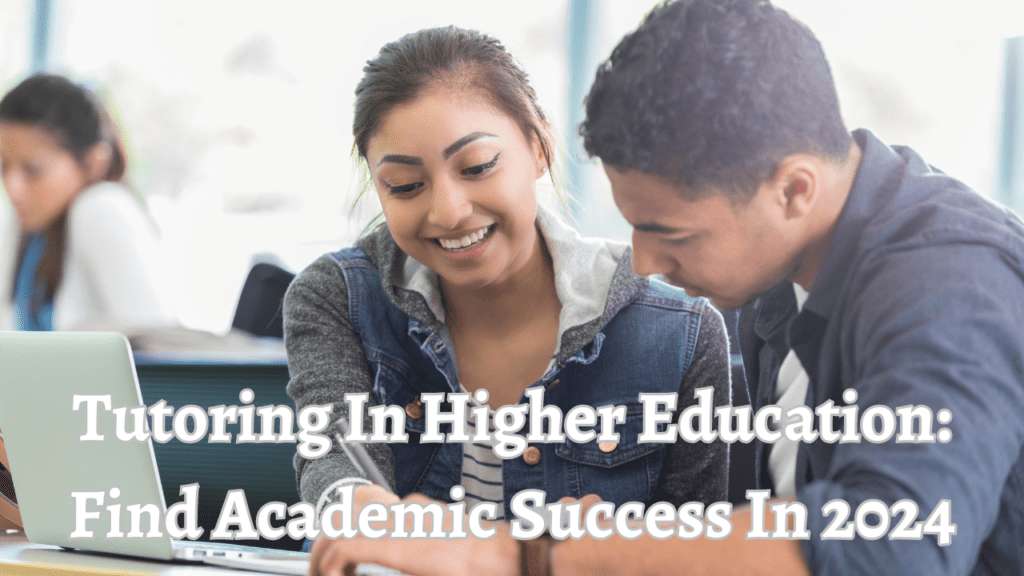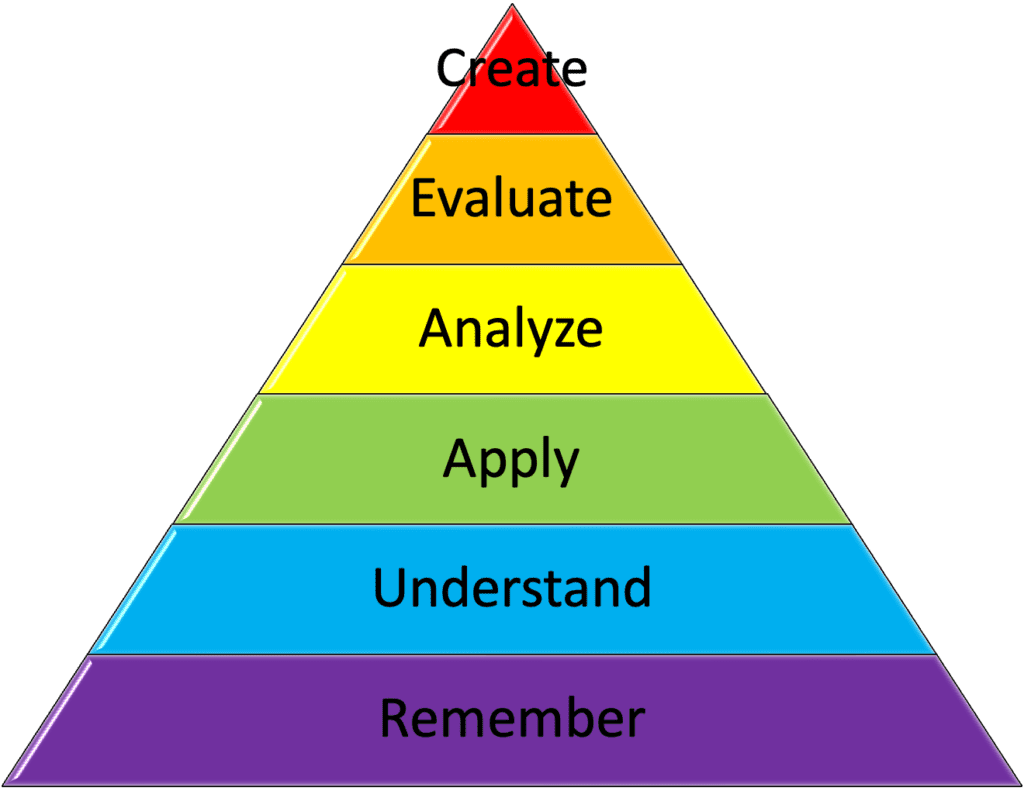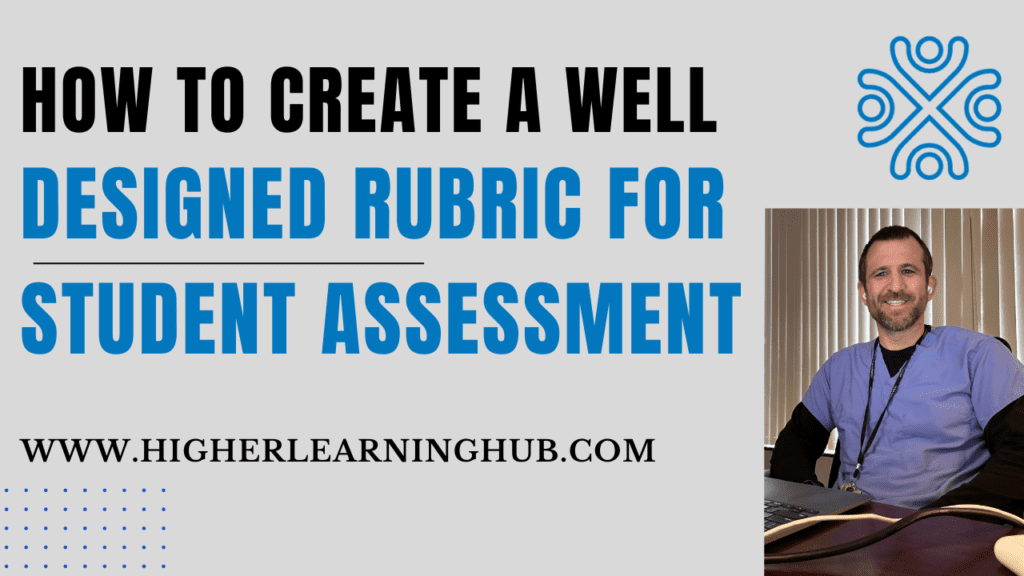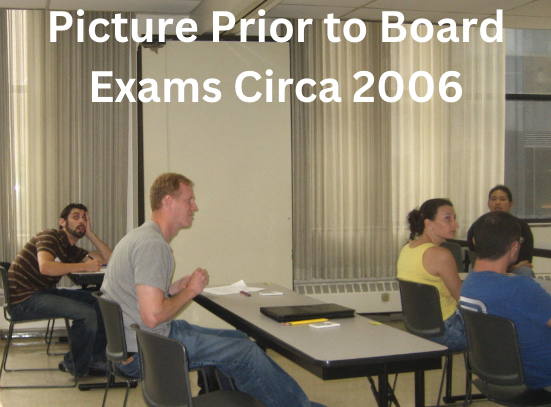Authored by Dr. Leland Jaffe; Associate Dean and Professor; Published on April 5th, 2024
In the fast-paced and demanding curriculum of higher education, students often encounter challenges that can impede their academic progress. Whether grappling with complex course material, struggling to grasp challenging concepts, or seeking additional support to excel in their studies, many students turn to tutoring services for assistance. The benefits of tutoring in higher education are numerous and profound to help support student learning, offering graduate students invaluable resources and support to enhance their academic performance and achieve their educational goals. Remember that seeking assistance and asking for help is a sign of strength and not a weakness. Students can benefit from working alongside a tutor at the high school level, on college campuses, and in graduate school.
Tutoring Helps To Meet The Needs of the Individual Student
First and foremost, student tutors provide personalized and targeted assistance tailored to students’ needs. Unlike traditional classroom settings, tutoring sessions offer one-on-one or small group interactions, allowing tutors to address students’ specific learning gaps, clarify misunderstandings, and provide customized strategies for the mastery of different subject areas. This personalized approach not only boosts students’ comprehension and mastery of course material but also fosters confidence and self-efficacy in their academic abilities.
Additionally, tutoring services offer students a supportive and collaborative learning environment where they can engage in active dialogue, ask questions freely, and receive immediate feedback from knowledgeable peers or mentors. This interactive exchange of ideas and knowledge encourages critical thinking, and problem-solving skills, and is one of the best ways to promote a deeper engagement with course content. Moreover, the mentorship and guidance provided by tutors can serve as a source of inspiration and motivation for students, empowering them to overcome academic obstacles and reach their full potential. Oftentimes students who are fearful to ask questions in a large group setting, are much more comfortable when interacting with a tutor on a 1:1 basis.
What are the Benefits of Peer Tutors?
Peer tutoring in higher education offers several benefits for both the tutors and the students receiving assistance:
- Enhanced Understanding: Peer tutors have recently completed the course or material they are tutoring, so they can provide relatable explanations and insights that resonate with their peers. This leads to a deeper understanding of the material for both the tutor and the student.
- Increased Engagement: Students may feel more comfortable seeking help from peers compared to faculty members, fostering a supportive and collaborative learning environment. Peer tutors can engage with their peers on a more personal level, encouraging active participation and discussion.
- Improved Communication Skills: Tutoring provides peer tutors with valuable opportunities to refine their communication and interpersonal skills. By explaining concepts, answering questions, and providing feedback, peer tutors develop their ability to convey complex ideas clearly and effectively.
- Confidence Building: Serving as a peer tutor can boost confidence and self-esteem. Successfully assisting their peers and witnessing their academic progress can instill a sense of accomplishment and validation in peer tutors, reinforcing their own mastery of the material.
- Leadership Development: Peer tutoring cultivates leadership skills as tutors take on the responsibility of guiding and supporting their peers. They learn to adapt their teaching strategies to meet the diverse needs of their students, fostering empathy, patience, and adaptability.
- Supportive Community: Peer tutoring fosters a sense of camaraderie and mutual support among students. Tutors and tutees often form bonds and create study groups, providing ongoing support and encouragement throughout their academic journey.
- Academic Success: Research has shown that students who participate in peer tutoring programs often experience improvements in their academic performance, retention rates, and overall satisfaction with their educational student experience. Peer tutoring contributes to student success by providing additional resources and support tailored to students’ individual needs.
What are the Benefits of Serving as a Peer Tutor?
Serving as a peer tutor in higher education offers numerous benefits for both the tutor and the students they assist. As a peer tutor, individuals can deepen their understanding of course material by explaining concepts to their peers, reinforcing their knowledge in the process. Additionally, peer tutors develop essential communication and leadership skills as they guide and support their fellow students, fostering empathy, patience, and adaptability. Moreover, tutoring provides a sense of fulfillment and satisfaction as tutors witness the academic progress and success of their peers, contributing to a supportive and collaborative learning environment on campus. Overall, peer tutoring offers a valuable opportunity for personal and professional growth while making a positive impact on the academic success of others.
What About Faculty Tutors?
Working with a faculty tutor in higher education can offer distinct advantages compared to peer tutoring. Faculty tutors typically possess extensive expertise in their field and have advanced knowledge of course material, providing students with access to a wealth of specialized knowledge and insights. They can offer deeper explanations, clarify complex concepts, and provide expert guidance tailored to students’ individual learning needs. Additionally, faculty tutors may offer a more structured and formalized approach to tutoring, incorporating proven teaching methods and strategies developed through years of experience.
Tutoring In Higher Education Instills Confidence in Students
Furthermore, working with a faculty tutor may instill greater confidence in students, knowing that they are receiving guidance from a respected academic authority. Overall, while peer tutoring offers its benefits in the learning process, working with a faculty tutor can provide students with unparalleled academic support and mentorship, enhancing their learning experience and academic success in higher education. I frequently tell the students if they don’t understand a concept or if they’re facing academic challenges, go straight to the source — the faculty member or course coordinator!
Who Should Seek Tutoring Services?
In graduate school, tutoring can be beneficial for a wide range of students, including:
- Students Who Need Academic Help: Graduate-level coursework can be rigorous and demanding, leading some students to struggle with complex concepts or academic work. Those who are experiencing difficulties understanding course material or keeping up with assignments may benefit from seeking tutoring assistance.
- Students Transitioning to Graduate-Level Studies: Graduate school often requires students to adapt to a new academic environment, with higher expectations for independent learning and a greater workload. Students transitioning from undergraduate to graduate studies may find tutoring helpful as they navigate the academic and intellectual demands of their training program.
- International Students: International students, particularly those whose first language is not English, may encounter additional challenges in understanding course material, participating in discussions, or writing academic papers. Tutoring can provide language support and academic assistance tailored to the needs of international students.
- Students Preparing for Comprehensive Exams or Theses/Dissertations: Graduate students preparing for comprehensive exams, thesis or dissertation proposals, or final defenses may benefit from tutoring to clarify concepts, organize their research, refine their writing, or develop effective study strategies.
- Students Seeking Professional Development: Graduate school is not only about academic coursework but also about professional development and skill-building. Students interested in improving their research skills, academic writing, time management, or presentation skills may find tutoring valuable in achieving their professional goals and achieving personal growth.
- Students with Learning Disabilities or Accommodations: Graduate students with learning disabilities or accommodations may require additional support to succeed academically. Tutoring services can provide personalized assistance and accommodations to ensure that all students have equal access to academic resources and opportunities.
Tutoring in Higher Education Promotes Academic Equity and Inclusivity
Furthermore, personal tutors play a vital role in promoting academic equity and inclusivity by ensuring that all students have access to the resources and support they need to succeed. Whether students are struggling with foundational concepts or aiming to achieve academic excellence, tutoring services offer a level playing field where every student can receive the assistance and encouragement they deserve, regardless of their background or prior academic experience.
Tutoring Is Not Just Reserved For At-risk Students
Tutoring is not solely reserved for at-risk students; rather, it serves as a valuable resource for learners of all backgrounds and abilities. Even high-achieving students can benefit from tutoring to deepen their understanding of complex topics, reinforce key concepts, or seek assignment help. Tutoring offers personalized support tailored to your own styles of learning, providing an opportunity for students to excel academically and reach their full potential. By working with a tutor, students can enhance their academic skills, build confidence, and develop effective study strategies that contribute to their overall success in higher education.
Tutoring In Higher Education – Conclusion
In conclusion, there are numerous benefits of tutoring services in institutions of higher education. From personalized support and academic guidance to fostering a culture of collaboration and inclusivity, tutoring services play a crucial role in empowering students to excel academically and achieve their academic aspirations. As institutions of higher learning continue to prioritize student success and well-being, investing in comprehensive and accessible tutoring services remains a cornerstone of a supportive and enriching educational experience.
What has been your tutoring experience thus far? Do you find tutoring to be more helpful in specific subject areas? Please comment below!







